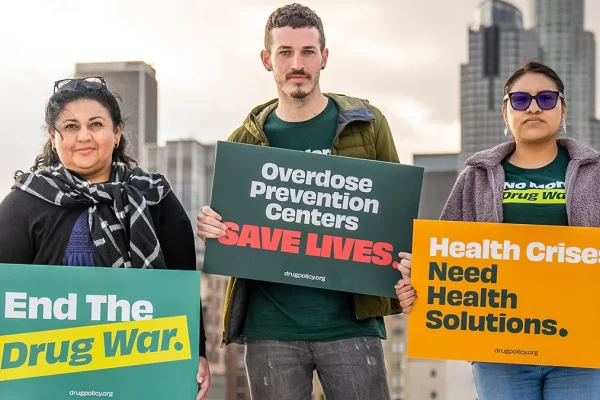Portugal was under a closed and dictatorial regime for about half a century.
Today, I can only know those times through historical accounts and stories told by the older generation. My father often speaks of the “huge anarchy” that followed, of “classrooms occupied by bearded soldiers,” and of “young people using drugs.” He recalls how his generation, born in the 60s, was devastated by drugs, with many losing their lives or seeing their lives irreparably destroyed.
With some research, I found that my father was right. After April 25th, the newly acquired freedom brought with it a wave of optimism, free love, and idealism, characteristic of the 70s. It was during this period that cannabis use began to increase in Portugal. The colonial war and the return of soldiers from the African colonies also contributed to the greater availability of drugs in the country.
In the 70s, Portugal faced a growing drug problem, which led to the implementation of various measures to try to contain the scourge. Several rehabilitation and social reintegration approaches were tested, but the problem persisted. By the 90s, it was estimated that there were about 100,000 heroin users in a country with only 10 million inhabitants. For 20 years, about half of HIV cases in Portugal resulted from shared syringe use among drug addicts.
Although it seems distant from the current reality, I remember my childhood in Sintra well, where I often encountered discarded syringe packages on the ground. My parents explained to me what drug addiction was, a scourge that still marked Portuguese society in the 90s.
At that time, drug use was a crime, punishable by fines and, in cases of recidivism, even imprisonment. However, nothing seemed to change. The Portuguese government realized it was spending too much money penalizing the problem without achieving any significant results. It then decided to form a multidisciplinary team to develop an integrated plan that could offer a more effective solution. Thus, Portugal moved towards the decriminalization of drug use, allowing possession of up to 10 doses of any illicit substance.
It is important to highlight that decriminalization in Portugal is not synonymous with liberalization or legalization. Drug use remains an offense, but it is no longer treated as a crime. Instead of being criminally prosecuted, users are referred to dissuasion committees and health professionals under the Ministry of Health. The difference lies in the treatment: instead of being seen as criminals, users are treated as patients, which has proven crucial for the success of the Portuguese law.
When someone is caught using drugs, they are referred to a health committee that assesses their dependence. Recreational use usually does not require further monitoring, while those who are dependent receive medical support through non-governmental organizations, with centers spread throughout the country, often in high-consumption areas. For those who continue to use injectable drugs, sterilized syringes are provided, which has led to a significant reduction in HIV transmission, saving public money and addressing a public health issue.
Since the implementation of the decriminalization law in 2001, the results have been remarkable. By 2017, overdose deaths decreased from 369 in 1999 to 30 in 2016, new HIV cases related to drug use fell from 907 to 18, and drug-related arrests decreased from 3,863 to 1,140.
The Portuguese model has been internationally praised and has inspired other countries, especially in North America. However, the application of decriminalization in other contexts has not always been successful. In the state of Oregon, USA, where one of the most liberal drug laws was approved, the fundamental principle of treating users as patients was neglected. The lack of support infrastructure and inadequate implementation contributed to the law’s failure, leaving users without the necessary support.
In British Columbia, Canada, the inspiration from the Portuguese model was closer, understanding that decriminalization does not mean liberalization. However, they still face challenges, such as drug use in public spaces, which also occurs in Lisbon. Poverty, social exclusion, and housing crises have pushed many users to the streets. Since 2019, the creation of supervised consumption rooms has helped mitigate these situations by providing sterilized materials, meals, and referrals to health services. The next step will be to expand these infrastructures beyond major cities.
The most important takeaway from the Portuguese experience is that drug decriminalization cannot be seen as an isolated solution. It must be part of an integrated system that includes continuous support and constant adaptation to people’s needs. Portugal’s success shows that treating drug users with dignity and respect is the path to real and lasting results.


